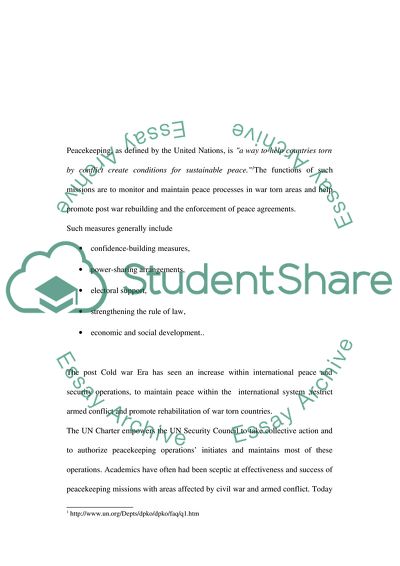Cite this document
(International Organisations in Global Politics Case Study - 1, n.d.)
International Organisations in Global Politics Case Study - 1. Retrieved from https://studentshare.org/politics/1710730-international-organisations-in-global-politics
International Organisations in Global Politics Case Study - 1. Retrieved from https://studentshare.org/politics/1710730-international-organisations-in-global-politics
(International Organisations in Global Politics Case Study - 1)
International Organisations in Global Politics Case Study - 1. https://studentshare.org/politics/1710730-international-organisations-in-global-politics.
International Organisations in Global Politics Case Study - 1. https://studentshare.org/politics/1710730-international-organisations-in-global-politics.
“International Organisations in Global Politics Case Study - 1”. https://studentshare.org/politics/1710730-international-organisations-in-global-politics.


